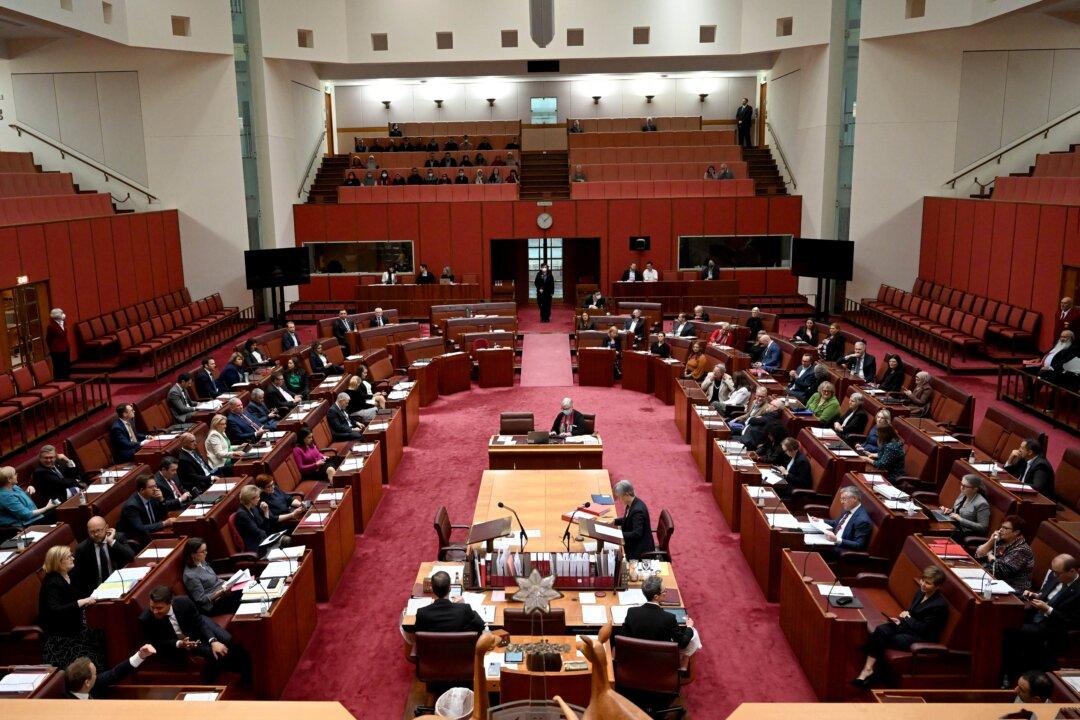Legislation that would give courts the power to take away dual citizenship from Australians has passed the House of Representatives and entered the Senate on Nov. 30 for heated debate.
The Australian Citizenship Amendment (Citizenship Repudiation) Bill 2023 enables the court to strip a dual Australian of their citizenship if they commit serious offences.





